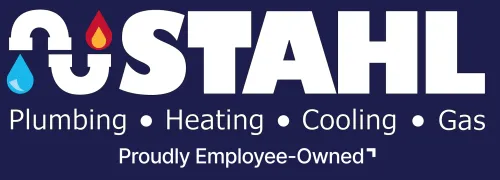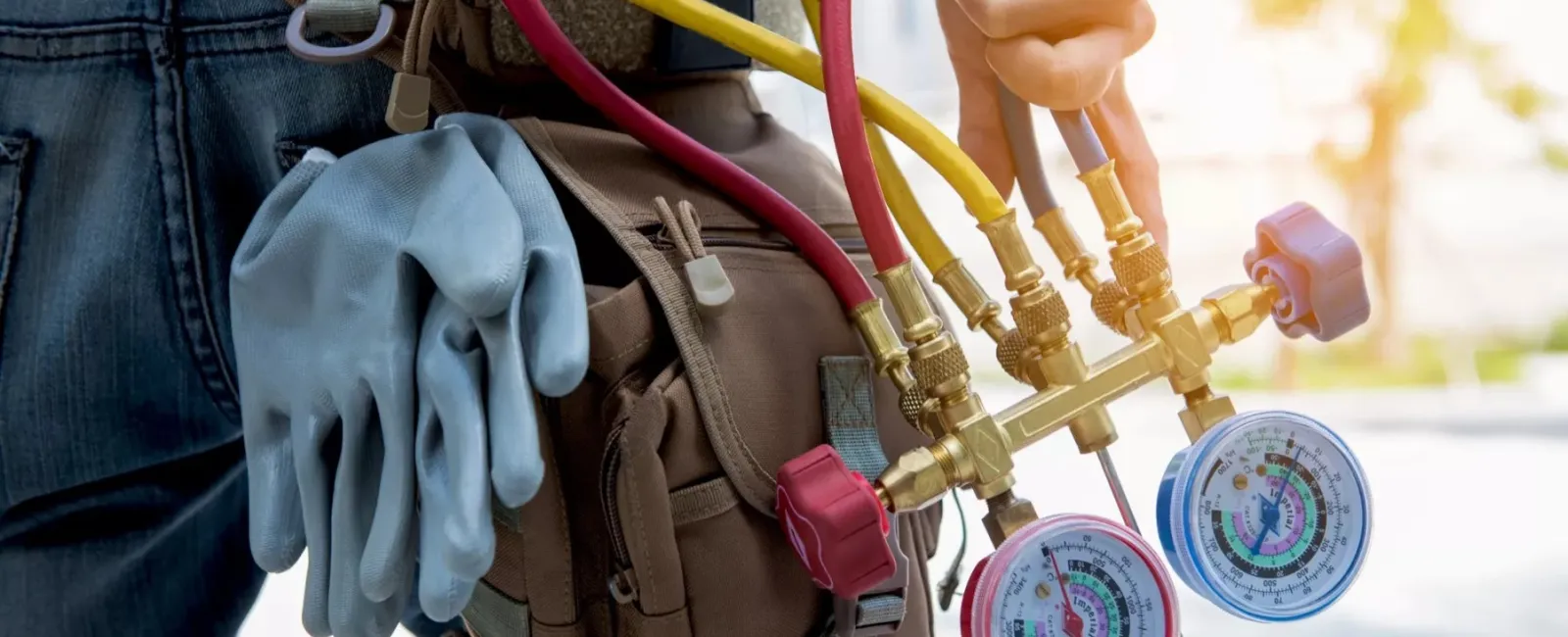You've probably heard of hard water before. But what exactly is it? Is it dangerous for your plumbing or, more importantly, for your health? This blog will give you a complete overview of hard water, so keep reading to get answers to these questions and more. And if you need home plumbing repair in Pittsburgh, PA, reach out to the plumbing experts here at Stahl Plumbing.
What Is It?
So, what exactly is hard water? You probably know that it has absolutely nothing to do with the water's texture. Rather, a water's "hardness" refers to the level of certain minerals within the water—specifically, dissolved calcium, magnesium, and metallic elements. We call it "hard" water because it's hard to wash things clean with water that contains high levels of these elements; this is because hard water prevents soap from lathering properly.

Levels of Hardness
Despite what you may have heard, there isn't simply "hard water" and "soft water." There's actually a range of hardness that is broken down into 5 separate categories:
- Soft - fewer than 1.0 grains per gallon of water
- Slightly hard - between 1.0 and 3.5 grains per gallon
- Moderately hard - between 3.5 and 7.0 grains per gallon
- Hard - between 7.0 and 10.5 grains per gallon
- Very hard - more than 10.5 grains per gallon
Most homes fall somewhere in the middle categories and experience very few issues relating to their water, while other areas of the country have to find solutions to their hard water problems.
Potential Complications
First and foremost, we want you to be aware that there are no health issues associated with hard water. It's perfectly safe to wash in and even consume hard water. However, it does create some complications around your home.
As already mentioned, getting things clean with hard water can be quite difficult. You're likely wasting soap and shampoo without even realizing it since you need more of it to get a good lather. You've also probably seen hard water spots on your dishes, even after they've been run through the dishwasher.
If your hardness is on the upper end of the scale above, you could experience much larger complications with your plumbing too. The dissolved calcium and magnesium salts can collect in your plumbing. This can lead to problems with your washing machine and dishwasher, as well as in your pipes. You might notice scaling on your faucets and showerheads; now, just imagine that kind of buildup accumulating in and blocking your pipes.
What Can You Do?
If you have very hard water, a water treatment system can help. A reverse osmosis system is one treatment option, as well as a water softener. If you have hard water-related issues, contact us at Stahl Plumbing. We can offer bathroom plumbing repair in Pittsburgh, PA, to correct any problems you have and clean out the scaling, then install a treatment system for your home. Give us a call now to get a quote on the services you need, and say goodbye to scaling, unsightly buildup, and ugly water spots for good!

